Found 44 movies, 10 TV shows, and 3 people
Can't find what you're looking for?

On 27th July 1986, British stadium rock band Queen broke new ground by playing for the first time in Hungary, a country which was still under a communist dictatorship behind the Iron Curtain.
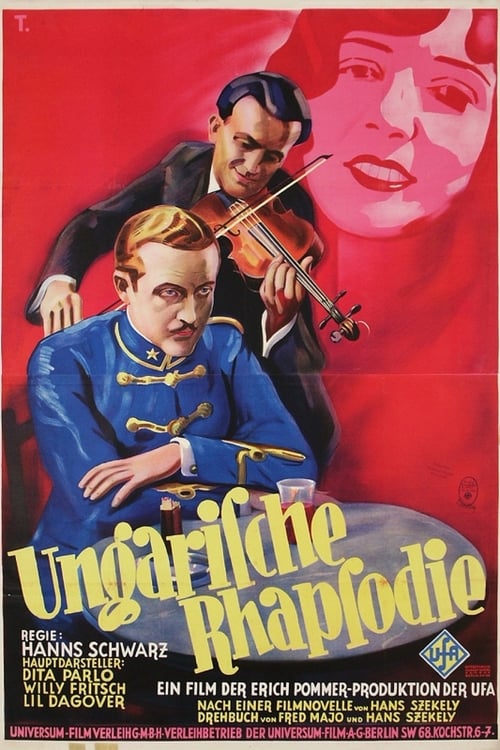
On the plains of Hungary, Franz, a Hussard lieutenant, broods about his future; Born into an aristocratic family, his father drank away the family fortune and marriage seems an unlikely prospect. Impoverished Franz's love for effervescent and upright country girl Marika coincides with the tragic tale of lovelorn violinist Josef, all but ignored by royal beauty Camilla.
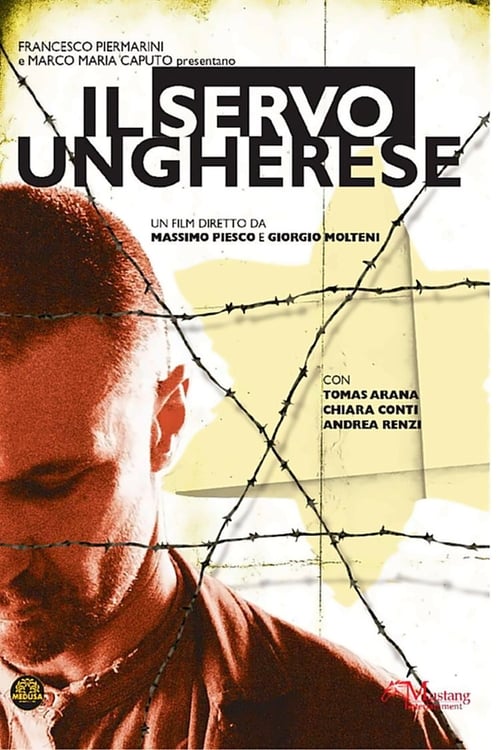
No description available for this movie.
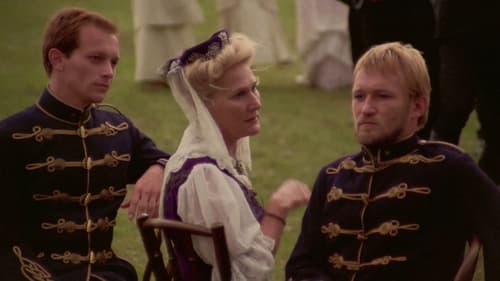
The movie portrays a peasant revolt in Hungary in the early twentieth century.
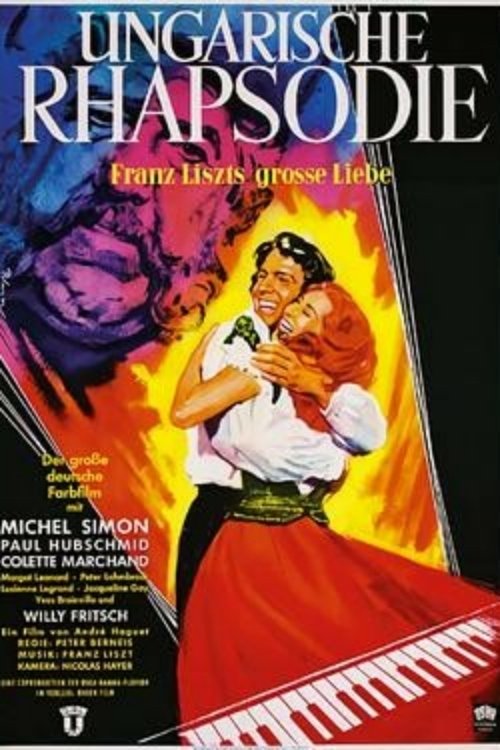
1847. Franz Liszt meets the beautiful princess Caroline von Sayn-Wittgenstein in Kiev. The two fall in love, but the princess is forced to marry an elderly general. When the revolution breaks out in Hungary, she flees with Franz Liszt to Weimar. They also ask the Pope to annul Caroline's unhappy marriage, a question that remains unanswered for the time being. Can Liszt and his princess stay together for long?

Ema & Death’s-Head deals with the precarious border between humanism and the protection of one’s own life in situations when one excludes the other. Marika Sándorfi is hiding a Jewish boy during the dramatic era of the First Slovak State on the Slovak-Hungarian border. Šimon Holan, the boy in hiding, has a special ability to survive thanks to dreaming and a child’s fantasy.
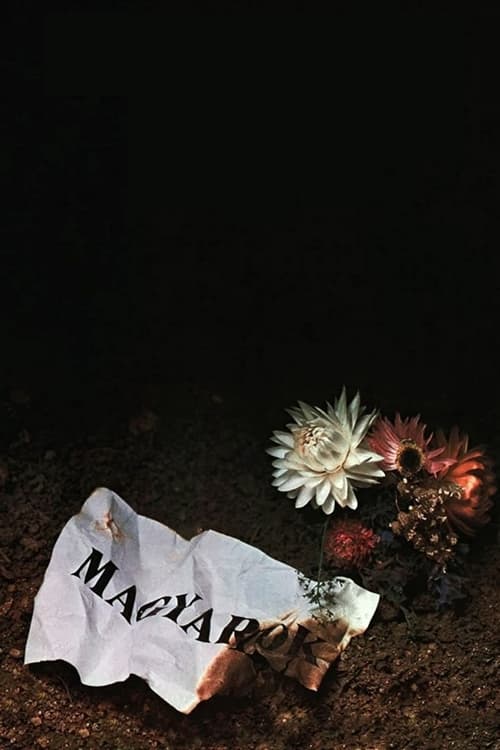
A group of landless Hungarian peasants accept work as migrant-laborers on a farm in northern Germany where the wages are good, and the wives and family are allowed to accompany them. Though it is in the midst of World War II, they are relatively well-off. However, they glimpse the treatment accorded to POWs and others who are not so gently treated, and at the conclusion of the year's harvest, they choose to return to Hungary and are quickly swept up in the tides of war. This film is part of a series of films by award-winning, well-respected director Zoltan Fabri who devoted much time and effort chronicling the struggle against fascism.
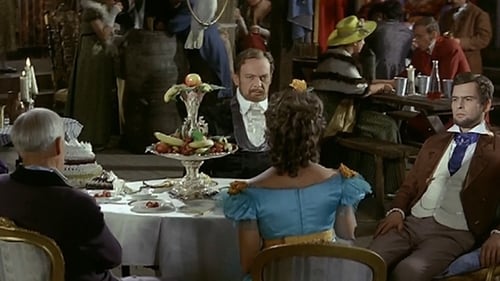
On the novel by Mór Jókai. The first half of the XVIII century. Several decades of life of a noble family Karpati.
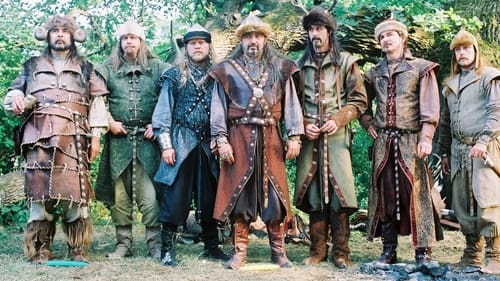
A Hungarian historical movie that tells the story of the Hungarian ancestors, the seven leaders, who are looking for their new homeland in the last years of the 9th century. Before they leave their original home in Asia, they have a farewell party. They wake up with a severe hangover after consuming large quantities of kumis. The seven leaders wake up to find that their people have disappeared.
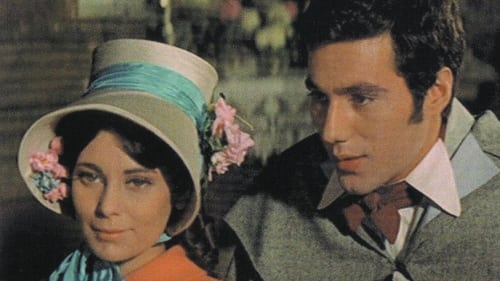
On the novel by Mór Jókai. The first half of the XVIII century. Several decades of life of a noble family Karpati.
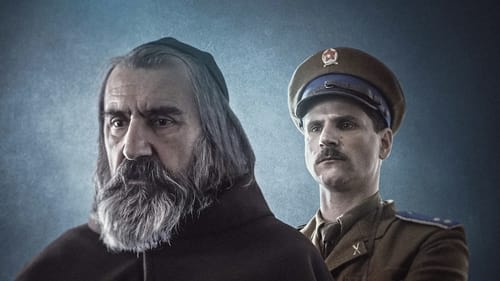
The film, taking place in 1950, presents the story of Father Leopold and the monks of his order struggling to once again revive Christianity in a country trying to scrape itself together after the war. Initially, the communist powers do not hinder their work, and the Church was even able to regain possession of holy objects hidden during the war. This "peaceful" state does not last long. Father Leopold is arrested on trumped up charges, and in order to break him, he is subjected to cruel torture. His former student, Lieutenant Keller, who turned his back on religion and now believes in the socialist system, is appointed - upon the command of Major Fyodorov - to extract a confession of guilt. But the Father's perseverance and resistance changes everything.
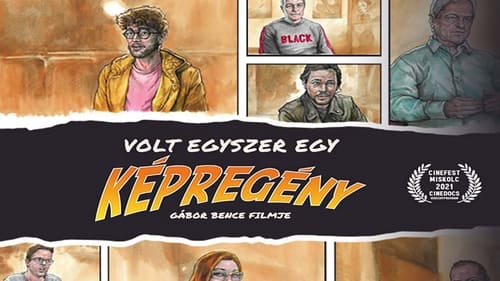
"Once Upon a Time in Hungarian Comics" provides a comprehensive picture of Hungarian comic culture, touching on the history of comics from the beginning to the present day, focusing on the development of Hungarian comics.
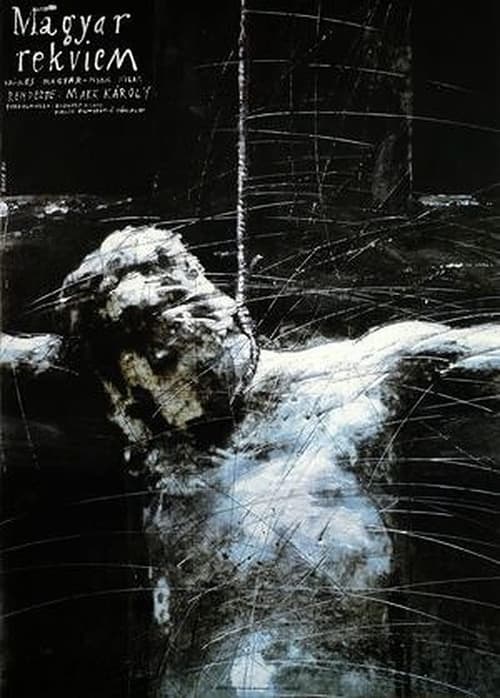
1958. In the cell of the condemned, seven men await the signs of an approaching execution. All of them recall their pasts and envision their wish-dreams.
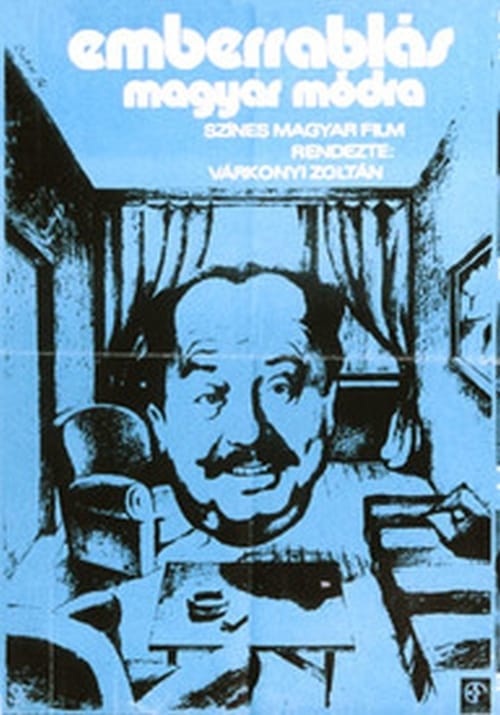
Three people skilfully kidnap the company director, who never takes the responsibility, takes sleeping pills and spends his time feeding ornamental fish. The kidnappers turn out to be no other than the Engineer, the Technician and the Worker, who only wanted to avoid bankruptcy this way.
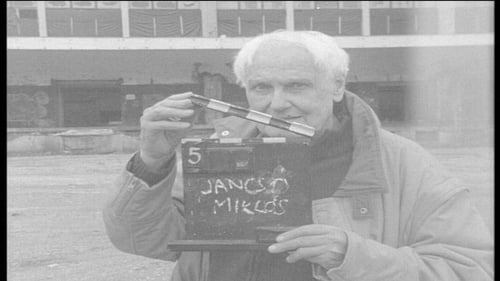
Reconstructions of unrealized Hungarian films in cooperation with the greatest Hungarian film directors.
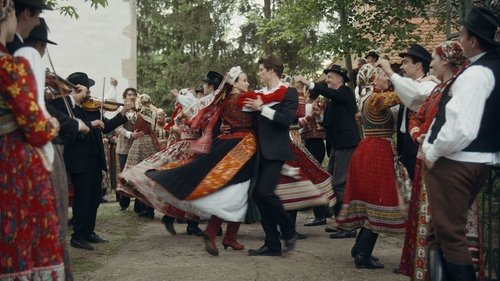
András and Péter are two young men trying to make it big with their rock band in Budapest in the early 1980s. When the opportunity arises to attend the wedding of András's cousin in Transylvania, they decide to take it as a chance to raise some money. Once there, they embark on an unexpected adventure.
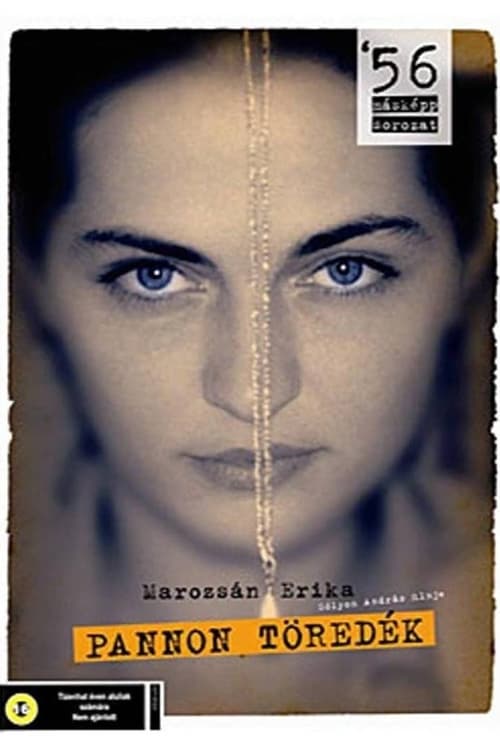
Peter falls in love with Lena, a Bulgarian female student in the days of the 1956 revolution. They were both involved in the events of the Revolution, enthusiastically recount their experiences of an American journalist. The boy's parents leave the country, but he did not go with them.
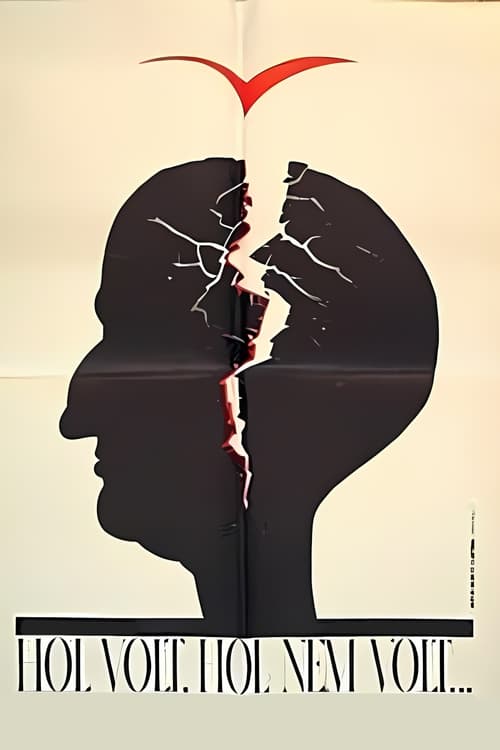
Shot in B&W, Gyula Gazdag's film follows the surreal and often comic quests of young Andris, an orphan searching for a father who doesn't exist, and Orban, a government clerk who's had enough of oppressive bureaucracy.
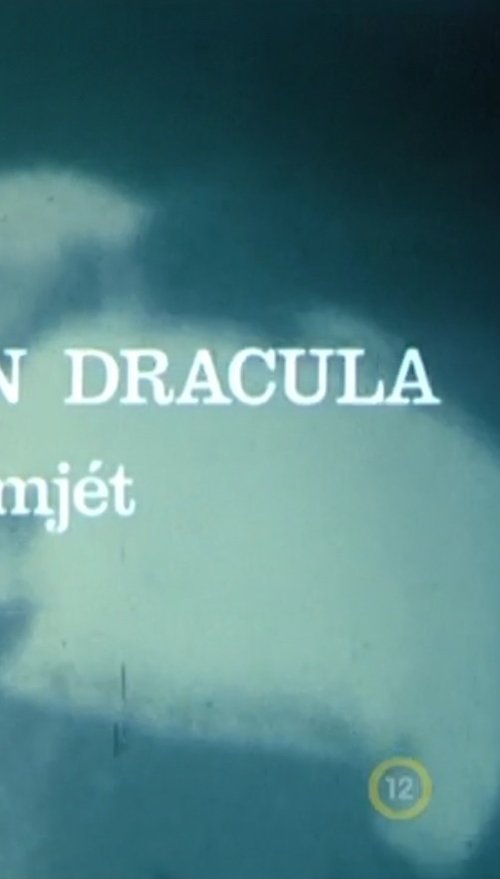
No description available for this movie.
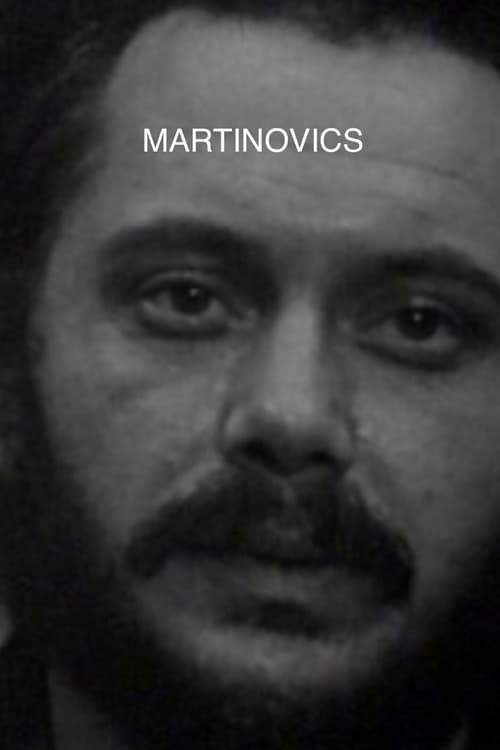
For this austere, clear and sharp telefeature, Judit Elek focused on the last months of Martinovics’ life: his interrogation by the Austrians, the examining Magistrate Schilling in particular, shown as a battle of wits as well as delusions on both sides. Elek had wanted to make this film in the early 1970s, but wasn’t allowed to. When she finally got the chance, the reactions were predictable, as the parallels with recent Hungarian history were simply too obvious for officialdom not to feel anxious. History may not repeat itself, but the variations look eerily similar.
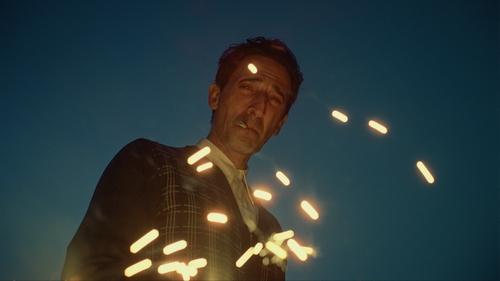
When an innovative modern architect flees post-war Europe, he is given the opportunity to rebuild his legacy. Set during the dawn of the modern United States (in Pennsylvania), his wife joins him, and their lives are forever changed by a demanding, wealthy patron.
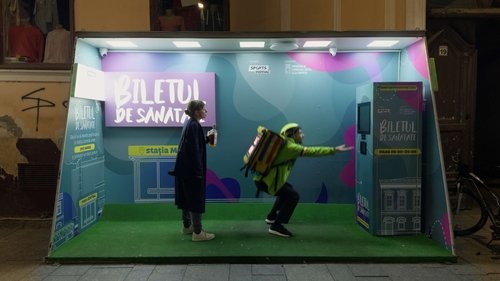
Orsolya is a bailiff in Cluj, the main city in Transylvania. One day she has to evict a homeless man from a cellar, an action with tragic consequences that triggers a moral crisis which Orsolya must weather as best she can.

In 1957 Budapest, one year following the failure of the Hungarian Revolution, a 12-year-old Jewish boy whose mother has raised him to believe that his father will return from the camps has his hopes shattered when a brutish stranger appears on the doorstep to take his family back.
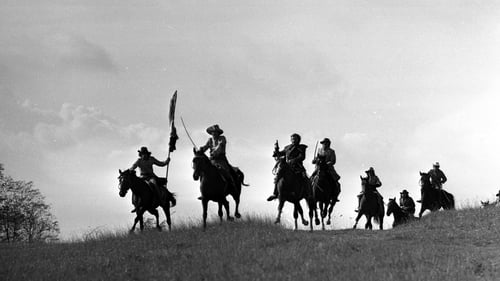
In the final days of the American Civil War, an emigre Hungarian military officer attempts to map the situation of the enemy. Many veterans of the 1848 War of Independence in Hungary fought on the northern side. Experienced Fiala, Boldogh who struggles with homesickness and the reckless Vereczky all experience their enforced emigration in different ways and news of impending peace elicits different reactions from them all.
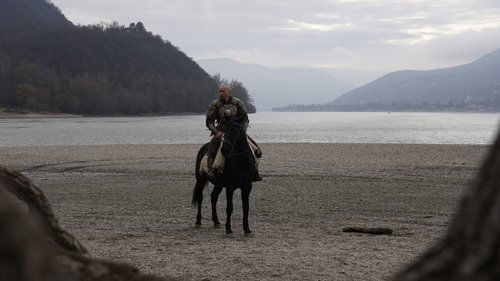
After the Hungarian army was annihilated by the Mongols at the battle of Mohi, only the castle of Esztergom stood in the Mongolians' way of invading the rest of Europe. Batu Khan, the grandson of Genghis Khan, reaches the walls of Esztergom with his invincible troops. The castle's defenders, led by Eusebius, the canon of Esztergom, and a Spanish mercenary, Captain Simon, are preparing for the final battle. The sudden arrival of Cardinal Cesareani, the Papal Legate, coinciding with the Mongol Lunar New Year celebrations and the mystical practices of Eusebius, combine to offer the defenders a small glimmer of hope.
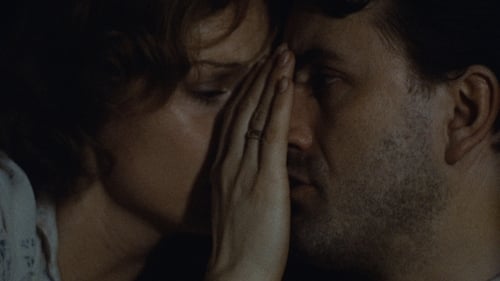
Janos and Kata are thrown together during the Second World War and forced to pose as husband and wife to hide from the Nazis. The intensity and suffocating intimacy of their new relationship and the circumstances in which they find themselves, forces them to confront past prejudices and assumptions and challenge what they truly believe.
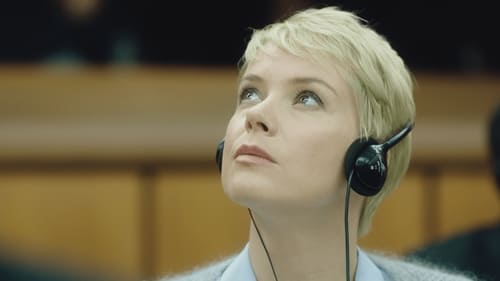
During a professional conference in Prague, two interpreters in the Hungarian booth hilariously vie for the attention of one listener.

A student, a goddess and a dog meet under quaint circumstances in a turned world. This miniature can be read as a metaphor about tunnel vision and the muse it takes to wake up!
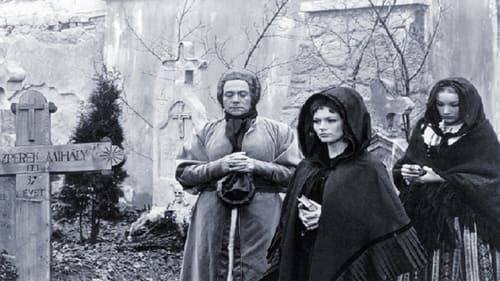
News spreads like wildfire through the streets of Lubló: the ghost of recently deceased Mihály Kaszperek has been seen emerging now and then around the town. He pays off his debts, seeks out his debtors, flirts with his widow, then before sunrise he gallops off seated back to front on his steed. However, it soon transpires that the gold he is using is fake. Naturally, a counterfeiting phantom quickly attracts the attention of the authorities as well. Detective Jakab Strang is given the task of arresting the wayward dearly departed.
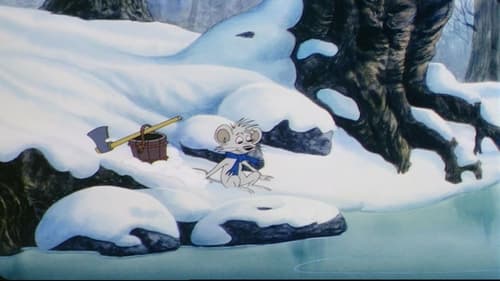
A bohemian circus mouse has had enough of the spotlight and the magician who conjures him up from the top hat every day. Using a nailfile he escapes his cage and embarks on a great journey.
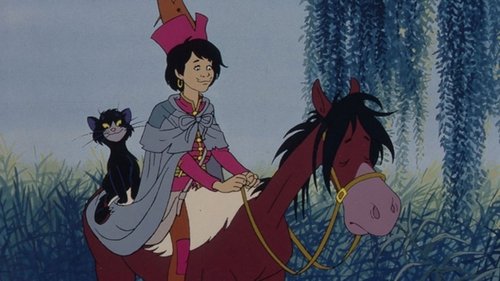
Szaffi is a full-length animated feature based on Mór Jókai’s short books The Gypsy Baron (A cigánybáró) and Szaffi. It has adventure, and treasure, and love, and a little black cat, and a war, and picturesque villains - a governor with a pressure release valve in his skull and a fat pig-loving baron, and of course, the good gypsies.

Five deserters hide in a village inhabited only by women.
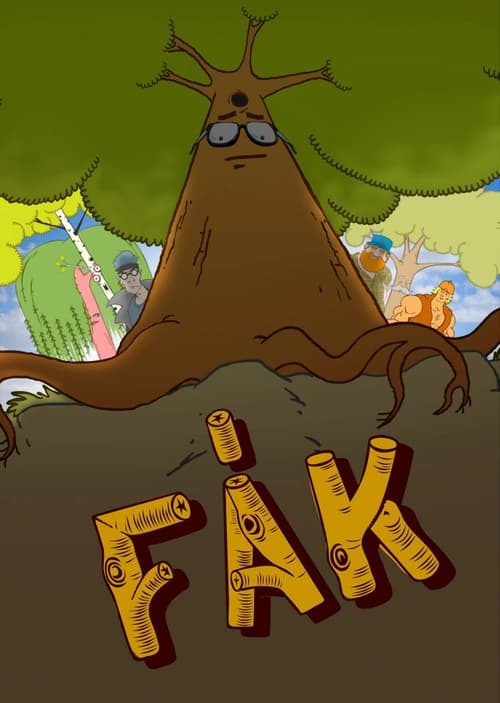
The film’s protagonist, Tree moves into the city, where he tries to adapt to his new environment. The trash-style series is about having no roots: it analyses human relationships in the midst of such living conditions that feed hopelessness and demotivation.
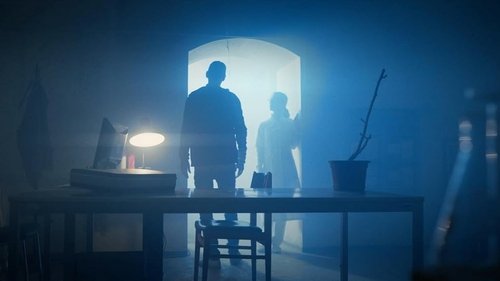
Dezso falls off his bike and goes to the hospital. As he wanders between buildings and waits in hallways, he slowly realizes: he might not have come here just to get better.

Regnum Fest is a documentary that examines reenactors dedicated to preserving the traditions of the Hungarian conquest and the Árpád era, showcasing various groups that recreate life from the 10th to the 13th centuries. The leaders of these groups share insights into their work in historical reenactment and armed combat, both on foot and horseback.
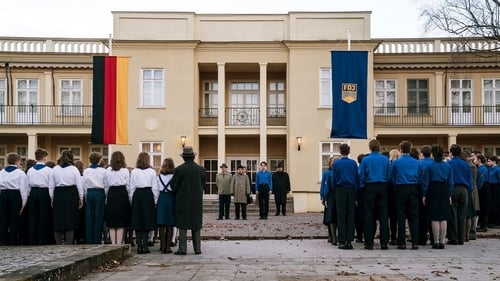
Stalinstadt, East Germany, 1956. While the Hungarian uprising against Soviets is taking place, teenage members of a classroom of the local school perform a seemingly harmless act that causes unexpected consequences.
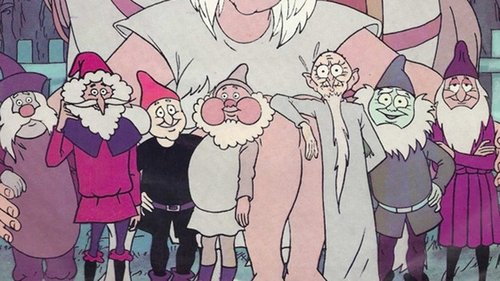
A farcical retelling of Snow White. Disillusioned Snow White isn't all that pretty or cute, her friends dwarfs aren't all that hospitable, her evil stepmother is an alcoholic and prince charming likes the ladies too much.

Divided into four sections, "Song" is inspired by the Siberian and Finno-Ugric legends about Creation, in which the world begins with characters who are only half-human, one being half-bird, the other half-bear. The narrator delves into the origins of Hungarian culture, the Iranian and Turkish influences that impacted the society, and finally the story of Stephen, the emperor who brought Christianity to the country and shifted the capital west in an attempt to link with Europe.
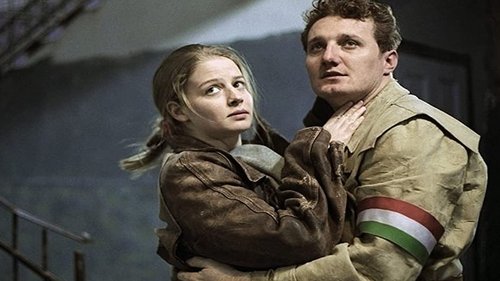
Csendkút is a historical film drama made for the fiftieth anniversary of the 1956 revolution and freedom struggle and dedicated to the poet Attila Gérecz, the 1956 revolution and freedom struggle commemorating his martyrdom.

Two elderly sisters share the delicate art of making traditional Hungarian strudel and reveal a deeply personal family story about their mother, who taught them everything they know.

Péter Eötvös’s new opera takes us to a bare, grey world of an unknown yet familiar small town, and reveals the tragi-comedy world of the protagonist, newspaper delivery man, János Valuska. In the tradition of the Shakespearean fool, Valuska is different from the townspeople. He is an innocent, infatuated with astronomy and man’s position in the universe. The arrival in town of a circus - with, as star attraction, the world’s largest taxidermied whale - has explosive consequences.
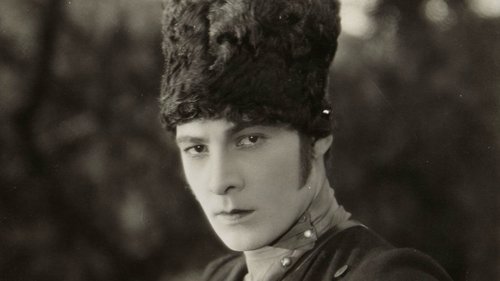
Vladimir Dubrouvsky, a lieutenant in the Russian army, catches the eye of Czarina Catherine II. He spurns her advances and flees, and she puts out a warrant for his arrest, dead or alive. Vladimir learns that his father's lands have been taken by the evil Kyrilla Troekouroff, and his father dies. He dons a black mask, and becomes the outlaw The Black Eagle. He enters the Troekouroff household disguised as a French instructor for Kyrilla's daughter Mascha. He is after vengeance, but instead falls in love with Mascha.
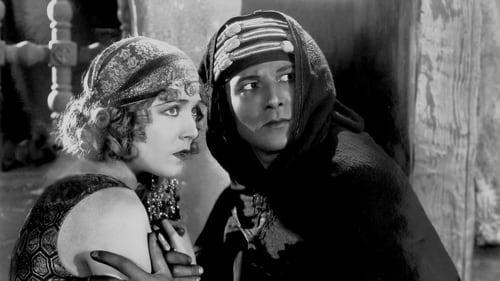
Ahmed, son of Diana and Sheik Ahmed Ben Hassan, falls in love with Yasmin, a dancing girl who fronts her father's gang of mountebanks. She and Ahmed meet secretly until one night when her father and the gang capture the son of the sheik, torture him, and hold him for ransom.

While building an irrigation system for a Southwestern desert community, an engineer vies with a local cowboy for the affections of a rancher's daughter.